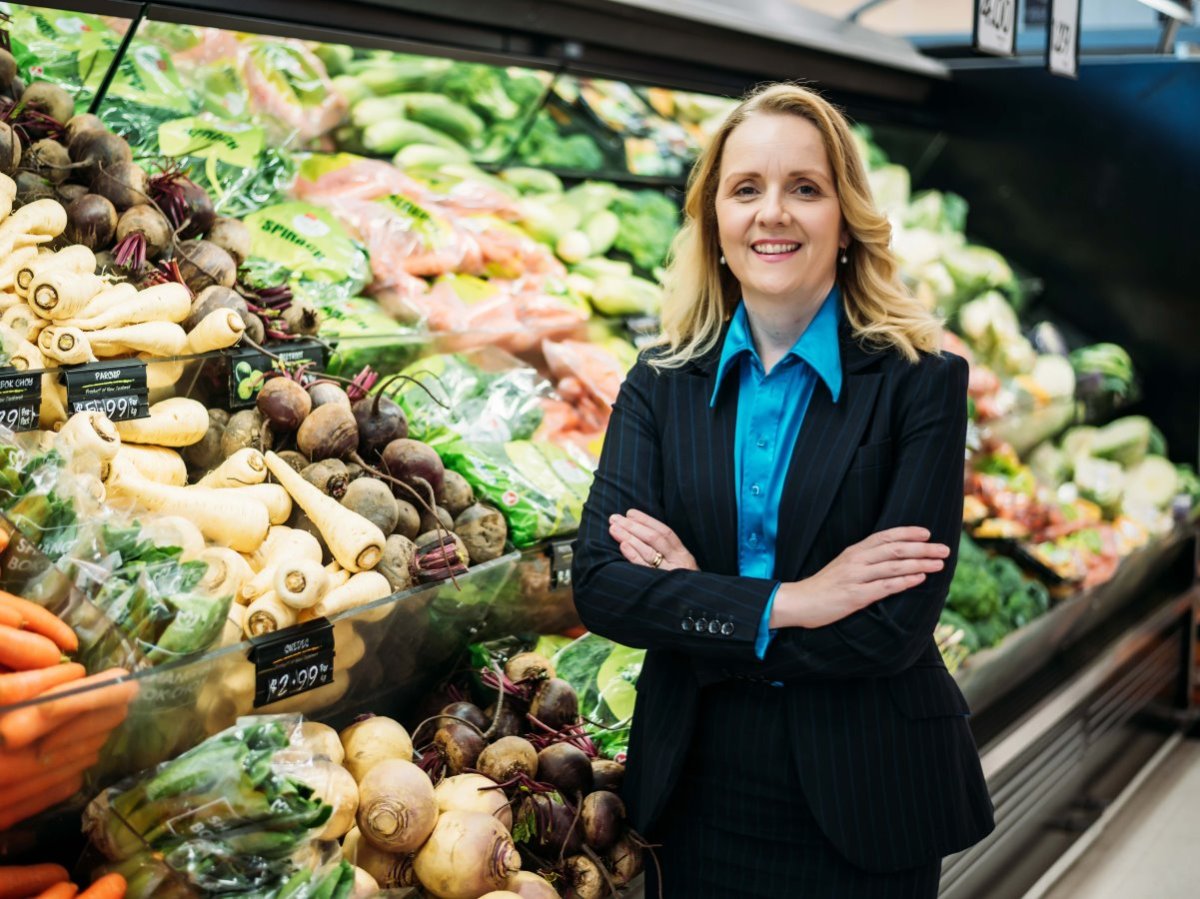The New Zealand Food & Grocery Council welcomes the Government’s moves to phase out problem plastics and some single-use plastics within four years.
Chief Executive Katherine Rich says the Food & Grocery Council (FGC) has been working with its members since 2019 to support a move away from hard-to-recycle plastics and to help implement the Government’s ‘Rethinking Plastics’ recommendations as they relate to the sector. “We met as recently as this month with Environment Minister David Parker on these issues and repeated our support for making the change away from plastics to replacement and recyclable products,” she says.
“Member companies have been working hard individually to reduce plastics from packaging and we are now starting to see results of other materials being trialled for meat trays, for example.
“For the past two years, FGC had a high-powered member-driven Sustainability Committee, led by Nestlé CEO Christian Abboud, working on all aspects of sustainability.
“Our plastics group has been working to influence the FMCG community around best practices for plastic packaging and to stimulate and deliver positive change to achieve circular economy principles. Its goal is that FGC members conduct all required work to maximise positive changes being made away from the use of the most damaging plastic types.
“Its focus is on used plastic, particularly the more difficult-to-recycle plastics, including PVC and Polystyrene; plastic recycling – and how industry can support improved recovery of plastics and reduce amount of virgin plastic by increasing use of recycled content.”
Christian Abboud says it’s encouraging to see the Government’s strong drive to move away from hard-to-recycle plastics. “We have surveyed FGC members to understand what sort of plastic packaging is being used. Over 84% of plastic packaging can either be recycled at kerbside or via the soft plastic recycling scheme. Only 1% is PVC and 3% is Polystyrene, and most members have plans in place to transition to other resin types or materials.
“However, with the ongoing global freight challenges and issues at the Ports of Auckland we might see some of these plans get impacted and potentially delayed. The first phase-out is now less than 18 months away, which is a tight time frame.
“FGC is also pleased to see that degradable plastic packaging is included and we fully support the inclusion of single-use compostable plastic bags in this ban.
“Our guidance to members is that compostable plastic packaging which is sold for use at home should not be introduced into the market until there is infrastructure in place to deal with this waste.
“We also welcome the $50 million Plastics Innovation Fund announced by Minister Parker. We would like to see some of this funding available now to get innovative projects under way immediately, including investment in technology that will increase the availability of packaging made from New Zealand’s plastic waste.
“We support a national kerbside strategy designed in consultation with brand owners and retailers and is, where possible, aligned with Australia.
“Over 95% of scanned products sold at supermarkets are common across New Zealand and Australia. Clear labelling is a critical part of a recycling strategy. We have established a Working Group to support the implementation of the Australasian Recycling Label in New Zealand, working with Retail NZ, the Australian Packaging Covenant Organisation, and the Australian FGC, and with input from the Ministry for the Environment.”



